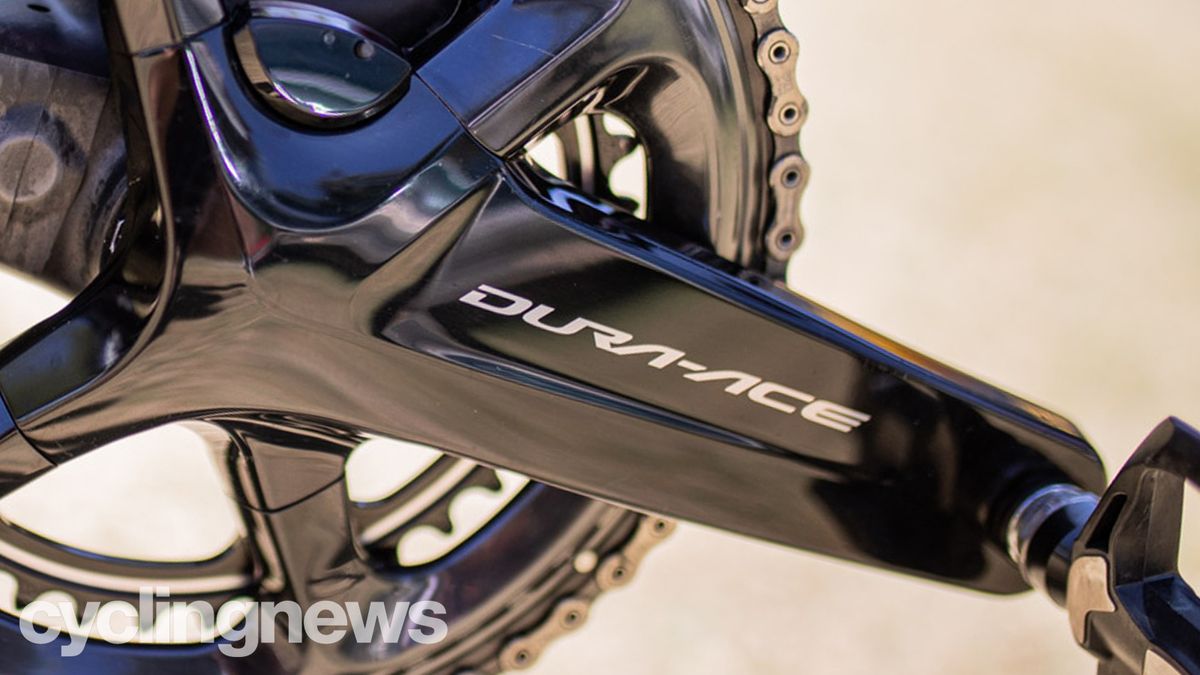Following the latest recall of two.8 million Shimano 11-speed highway cranksets, a category motion lawsuit has been filed in the US towards not solely the part producer Shimano, however bike producers Specialised and Trek, too.
The 72-page doc alleges that regardless of issuing the voluntary recall in September 2023, Shimano had been conscious of the issue since no less than as early as 2016.
It additionally supplies numerous case research of failures and references media protection of crankset failures relationship again to 2017.
Shimano issued its voluntary recall together with the US Client Product Security Fee (CPSC) on September 21, rapidly adopted by a world ‘Inspection and Substitute Program’.
It’s associated to 11-speed Ultegra and Dura-Ace highway cranksets manufactured between 2012 and 2019 throughout two mannequin collection. These have been bought aftermarket, in addition to OEM gear on a wide range of bikes, together with however not restricted to these from Specialised and Trek.
The potential failure in query associated to delamination and separation of the bonded segments of the hollow-forged aluminium crank arms.
In line with the CPSC, Shimano was conscious of 4,519 incidents of failure. It is unclear whether or not this was a world determine or associated solely to its jurisdiction of North America.
The overall variety of affected customers was quoted at 760,000 by the CPSC. Shimano later confirmed to Cyclingnews that the worldwide determine was 2.8 million.
The motion for homeowners is to take the affected crankset(s) to an area Shimano service centre the place a mechanic will examine it for “indicators of bonding separation or delamination”.
The place indicators are discovered, a free crankset can be issued by Shimano. If not, riders “might proceed utilizing [the] crankset as regular”.
“Insufficient”
The lawsuit alleges that Shimano is “deferring to native bike outlets to make an necessary engineering willpower” with the intention to get monetary savings.
It suggests that is “vital to rider security” contemplating it depends “solely on visible inspection, with out the good thing about stress testing.” (58.b)
It additionally claims Shimano is “not providing any treatment for faulty cranksets that haven’t but begun to fail,” leaving riders within the “scary place of getting to trip a harmful bicycle for months or years, ready on their cranksets to separate and doubtlessly trigger a crash earlier than Shimano will give them a brand new one.” (58.c)
It alleges that Shimano made the aforementioned selections “for revenue causes.” (59.)
Specialised and Trek
Later within the doc, consideration is turned to bike manufacturers who’ve bought fashions fitted with the affected cranksets, claiming the defendants “fraudulently hid” the defect. It cites Specialised and Trek as defendants within the case, however different manufacturers together with BMC are referenced in case research.
It states, “Purchasers of Faulty Cranksets or Class Bicycles paid greater than they might have had the crankset defect been disclosed.”
As well as, it claims that every one defendants have “recognized of the defects within the cranksets for years.” (70.)
Outdoors of the USA, a UK authorities report lately discovered that the cranksets do not meet present security rules. The 2-page doc from the Workplace for Product Security and Requirements claimed the cranksets posed a “medium danger” of damage to its customers.
Crucially, it concluded “the affected merchandise don’t meet the necessities of the Normal Product Security Laws 2005”.
When contacted by Cyclingnews, Shimano declined to remark.

